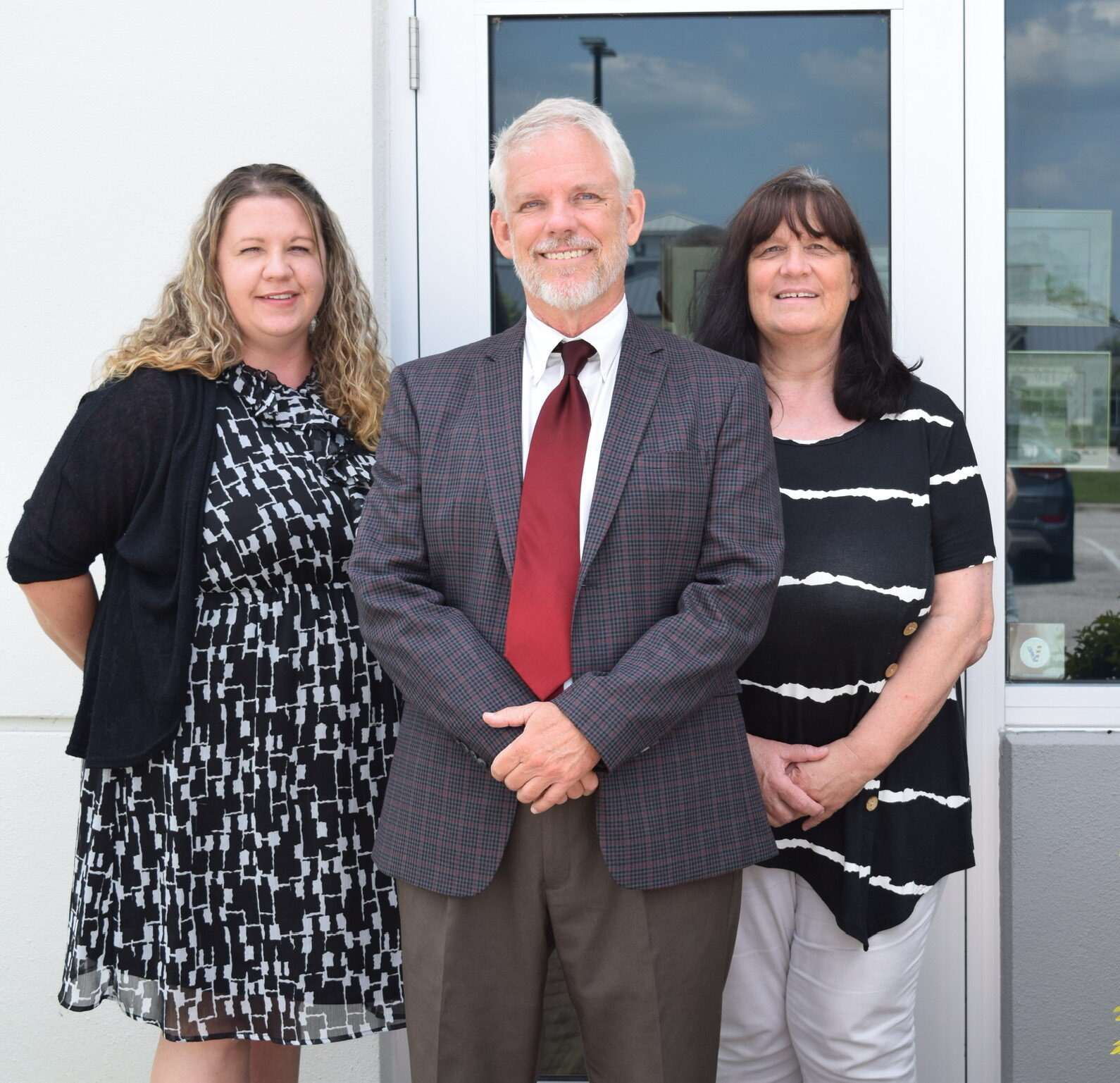Beyond Independence Day: What Freedom Means for Your Estate and Legacy
By a Florida Bar–licensed attorney experienced in estate planning
As the fireworks fade and summer unfolds, now is the perfect time to reflect on the deeper meaning of independence, not just as a national celebration, but as personal empowerment over your life and legacy. True freedom includes the ability to make intentional choices about how your assets are managed, who benefits from your estate, and how your values are honored for generations to come.
Whether you’re a longtime Florida resident or newly settled in Sarasota County, having a clear and legally sound estate plan offers peace of mind and protects what matters most.
Why Legacy Planning Still Matters After July 4th
Your estate plan is more than a legal formality; it’s a meaningful reflection of your priorities. For many Floridians, that includes:
- Providing for loved ones
- Supporting charitable organizations or faith communities
- Avoiding future family disputes
- Leaving a legacy that reflects personal or patriotic values
With summer a time of reflection and transitions now is a powerful moment to ensure your estate documents reflect your true wishes. Independence, after all, means having control over your legacy, starting today.
Tools for Charitable Giving and Memorial Planning
Serving clients in Venice,, I regularly assist clients in shaping gifts that continue to make an impact long after they’re gone. Florida law offers several options that can align with your legacy goals:
Common Estate Planning Tools for Charitable Giving
- Charitable Remainder Trusts (CRTs): Offer lifetime income to you or a loved one, with the remainder going to your chosen nonprofit.
- Donor-Advised Funds (DAFs): Allow flexible, tax-efficient giving over time to multiple charitable organizations.
- Bequests in Wills or Trusts: A simple and effective way to name a charity or cause as a beneficiary.
- Memorial Trusts or Scholarships: Create a named fund in honor of someone special, supporting education, arts, or public service causes.
These strategies can be customized to fit your goals, timeline, and estate size, ensuring your values are carried forward with intention.
Legal Considerations for Legacy Planning in Florida
Working with a qualified estate planning lawyer serving families in Lakewood Ranch ensures your estate plan aligns with Florida statutes and offers tax-efficient protection for your beneficiaries.
Key points to consider:
- Florida requires precise language in wills and trusts for charitable gifts.
- Life insurance and retirement accounts can designate charitable organizations directly.
- Correctly titling assets and updating beneficiary designations helps avoid probate delays.
- Legal coordination with Florida’s Trust Code (F.S. 736) and Wills & Estates statutes (F.S. 732) is essential for enforceability.
Frequently Asked Questions
Q: Can I leave a portion of my estate to a local nonprofit or veterans’ group?
A: Absolutely. You can name any qualified 501(c)(3) organization in your will or trust and even designate them as a beneficiary on financial accounts.
Q: What’s the difference between a donor-advised fund and a charitable trust?
A: Donor-advised funds allow flexibility over time in directing gifts, while charitable trusts set specific distribution terms and typically involve larger assets.
Q: Do I need an attorney to set up a charitable trust or memorial fund?
A: Yes. These tools involve legal nuances and tax implications that require guidance from an estate planning attorney licensed in Florida.
Begin Building a Legacy That Reflects Your Values
The Fourth of July may be behind us, but the freedom to define your legacy is timeless. Whether you’re creating your first will, updating an existing plan, or exploring charitable tools, our office at Scovills can help ensure your wishes are honored and protected under Florida law.
Ready to take the next step? Contact Scovills today to schedule a confidential consultation.
Contact Us For More Information

Or Call 941-365-2253 for a Free Consultation
NOTE: The use of the Internet or this form for communication with the firm does not establish an attorney-client relationship. Confidential or time-sensitive information should not be sent through this form.







